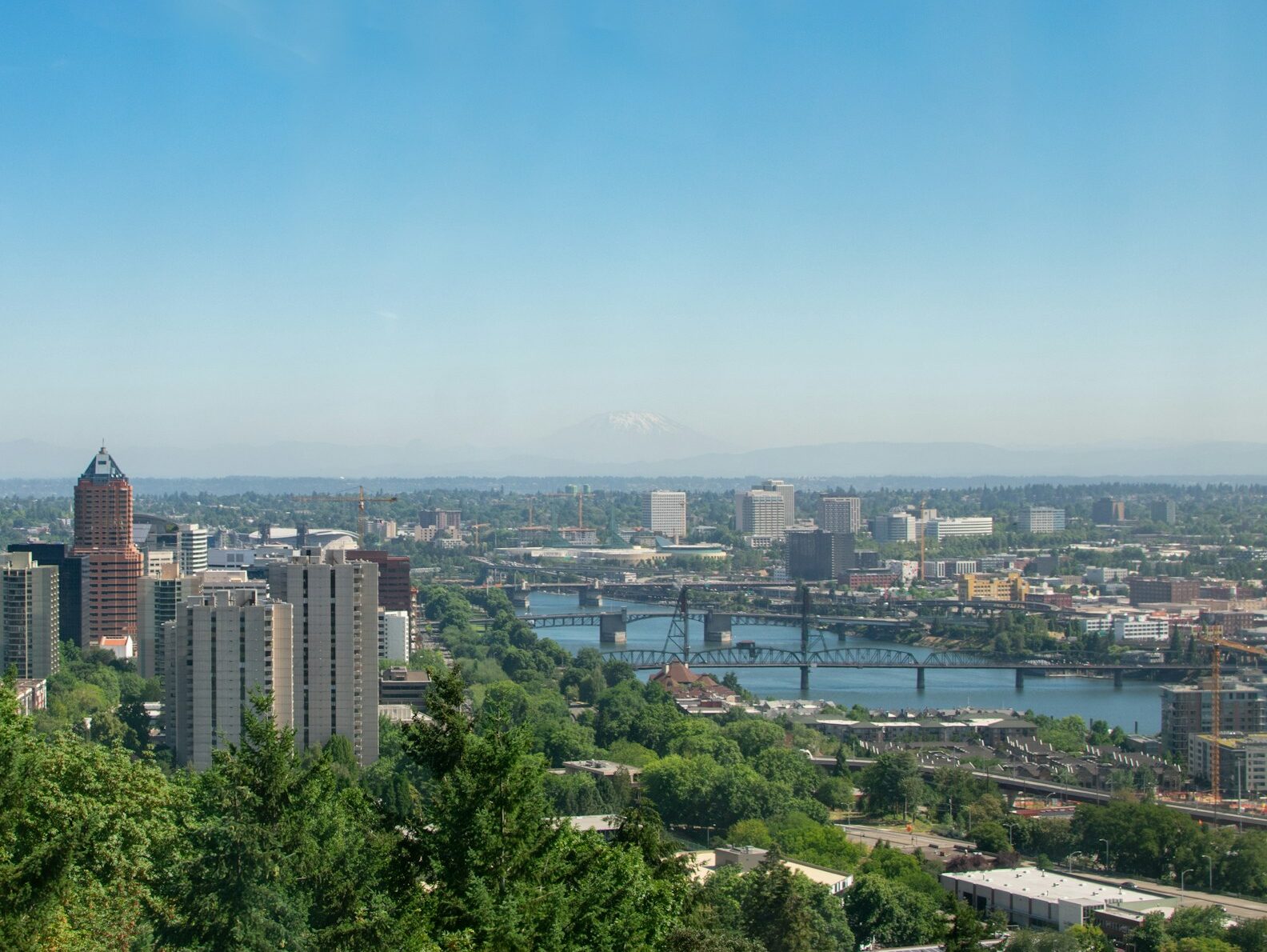Thinking of relocating to the West Coast but not sure which city fits your budget? Portland, Seattle, and San Francisco are all popular destinations offering culture, job opportunities, and natural beauty—but the cost of living varies dramatically. We’ve broken down the most important factors—like housing, transportation, taxes, and more—so you can make a smart, informed move. Understanding the cost of living in Portland, in comparison to other cities, can help you make the most informed decision. In this detailed analysis, we will explore each aspect of living in these cities, providing you with examples and insights that highlight their unique characteristics and challenges.
When considering the cost of living in Portland, you’ll find it offers a unique blend of affordability and quality. Don’t forget to consider the cost of living in Portland when making your choice. Ultimately, assessing the cost of living in Portland, will guide your decision-making process, ensuring you find a city that aligns with your lifestyle and budget.
Housing Costs
Understanding the Cost of Living in Portland
This analysis examines the cost of living in Portland, which is crucial for anyone considering a move. Housing is by far the biggest cost difference among these cities. As of 2025, the median home price in Portland is around $540,000, while Seattle’s average is closer to $790,000. San Francisco? An astonishing $1.25 million. Renting follows a similar trend—Portland’s average 1-bedroom rent is about $1,700 per month, compared to $2,300 in Seattle and over $3,000 in San Francisco.
For homebuyers and renters alike, Portland provides substantial savings without sacrificing quality of life. Understanding the housing market, including neighborhood variations, can enhance your decision-making process. For example, neighborhoods like Alberta Arts and Sellwood offer vibrant communities with access to local amenities, making them popular among new residents. To get a complete picture, understanding the cost of living in Portland, Oregon, alongside Seattle and San Francisco is essential to grasp the financial impact of your move. For anyone considering a move, it’s essential to keep in mind the cost of living in Portland, Oregon. The financial landscape of housing is just the beginning; understanding the overall lifestyle options will inform your decision further. The cost of living in Portland, remains competitive, making it an attractive option for new residents.
Additionally, it’s essential to consider job markets and employment opportunities when evaluating the cost of living in these cities. Portland has seen growth in various sectors such as healthcare, education, and technology. For instance, companies like Intel and Nike have a significant presence in the region, providing numerous job opportunities. Understanding the job landscape can help you make a more informed decision about moving.
Moreover, local initiatives and community programs aimed at helping newcomers to integrate can enhance your experience in Portland. Exploring professional networks and local meetups can also provide valuable insights into the job market and community dynamics. Employers in the area understand the cost of living in Portland, and often offer salaries that reflect this.
Utilities and Transportation
Utilities are quite similar across the three cities, though Portland is slightly cheaper because of lower natural gas and water rates. Public transportation costs are highest in San Francisco, with Portland offering the most affordable monthly transit passes through TriMet. Gas prices and parking fees are also higher in Seattle and San Francisco, making Portland more budget-friendly if you drive. For instance, the average monthly TriMet pass is around $100, significantly lower than San Francisco’s BART fares. Additionally, Portland boasts a robust biking community, further reducing transportation costs for environmentally conscious residents. The cost of living in Portland, is further alleviated by the city’s commitment to public transportation.
Lastly, when considering the cost of living, don’t overlook healthcare costs. Portland offers a variety of healthcare services at competitive prices compared to Seattle and San Francisco. With numerous healthcare providers and clinics, residents can access quality medical care without exorbitant expenses. Understanding health insurance options and local healthcare resources will also play a role in your overall budgeting process as you make your decision to relocate.
Food and Dining
Portland has a strong reputation for its food scene—and it’s more affordable too. On average, grocery bills are 5–10% lower than in Seattle and 15–20% lower than in San Francisco. Dining out in Portland also tends to be less expensive, with food carts and casual spots offering world-class eats without breaking the bank. For example, a meal at a local food cart can cost as little as $10, compared to $15 to $20 in Seattle and upwards of $25 in San Francisco. This affordability allows residents to enjoy a diverse culinary culture that includes everything from farm-to-table restaurants to international cuisines. Portland’s thriving local markets add to the food culture, where fresh produce and artisan goods foster a sense of community.
Furthermore, the cultural scene in Portland is exciting and diverse, enhancing the overall quality of life. With numerous festivals, art galleries, and music events throughout the year, there’s always something to engage with. For example, the Portland Rose Festival and the Waterfront Blues Festival attract visitors from all over, showcasing the city’s unique character. This rich cultural tapestry can significantly influence your living experience, making it an appealing aspect of the cost of living in Portland, Oregon. Participating in local events can provide insights into the cost of living in Portland, Oregon, enriching your experience.
Taxes and Income
Oregon has no sales tax, which can make a big difference on everyday purchases. Washington (Seattle) has no state income tax but does have high sales taxes. California (San Francisco) has both high sales and income taxes, making it the most expensive of the three from a taxation standpoint. If you’re trying to maximize take-home pay while minimizing costs, Oregon offers a more balanced structure. This financial advantage can contribute significantly to your overall budget, allowing for more discretionary spending on entertainment and leisure activities. It’s important to consider how these tax structures might influence your lifestyle choices. Understanding the cost of living in Portland, also requires awareness of your potential earnings in the city.
Lifestyle and Value
While each city offers a distinct lifestyle, Portland stands out for its cost-to-quality-of-life ratio. You get access to nature, culture, food, and community at a fraction of the price of San Francisco and significantly less than Seattle. That said, each city has its pros—Seattle offers higher-paying tech jobs, and San Francisco boasts a global economy. The question is: what’s worth the price to you? Consider the balance between your career aspirations and your living conditions.
For many, the cost of living in Portland provides a unique opportunity to thrive in a vibrant city without drowning in expenses. Analyzing this balance can help guide your choices about where to live and what lifestyle you want to pursue. Ultimately, Portland allows you to experience a high quality of life without excessive financial strain.
Making a move to Portland? Request your FREE digital copy of the Portland Relocation Guide!




